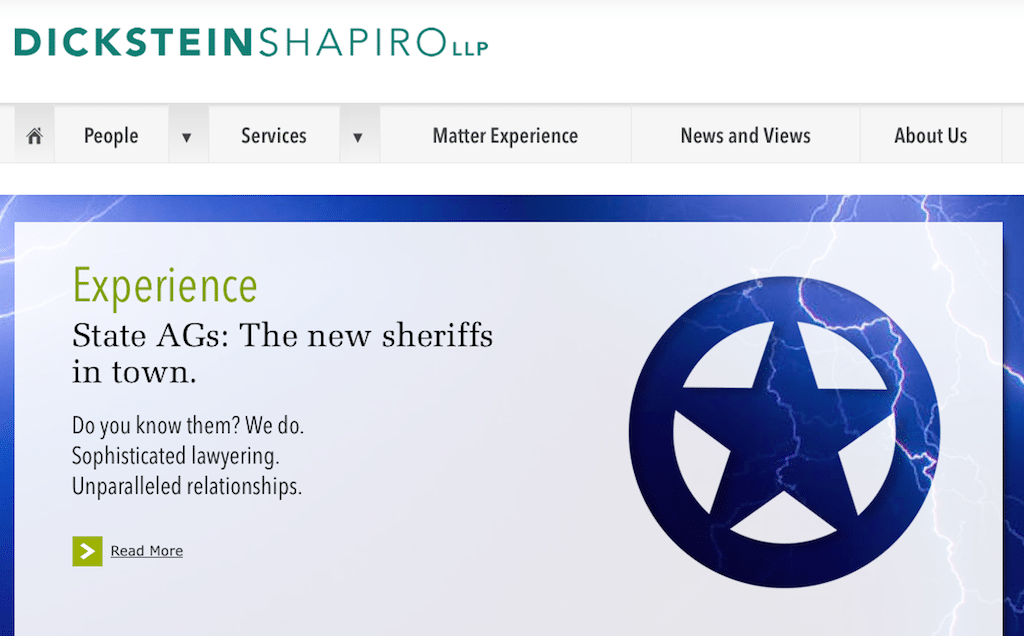How Online Travel Agency Lobbyists Helped Kill Florida Hotel Tax Lawsuit

Skift Take
Lobbying firm Dickstein Shapiro tells prospective clients: "State AGs are the new sheriffs in town. Do you know them? We do.
Sophisticated lawyering. Unparalleled relationships." It all seems to have paid off in Florida.
In the flurry of hotel tax lawsuits filed against the major online travel agencies over the last decade, some prevailed, others died based on the merits, and at least one, filed by the Florida state attorney general's office, never made it to a court hearing as a lobbying firm for the OTAs exerted what appears to be undue influence over the outcome.
That's the conclusion of an exhaustive New York Times investigative piece on the inappropriate influence that lobbying firms exert over state attorneys general, an area that appears to get scant attention from regulators.
The New York Times report, based on research and 6,000 emails obtained through various open records statutes, contains information about how big-time lobbying firm Dickstein Shapiro, which represented Priceline and Travelocity, seemingly swayed Florida state attorney general Pam Bondi to drop the hotel tax lawsuit against the OTAs that her predecessor had announced in 2009 even as several Florida counties still seek legal remedies against the OTAs for allegedly not remitting their share of hotel taxes.
Florida Versus Expedia and the

